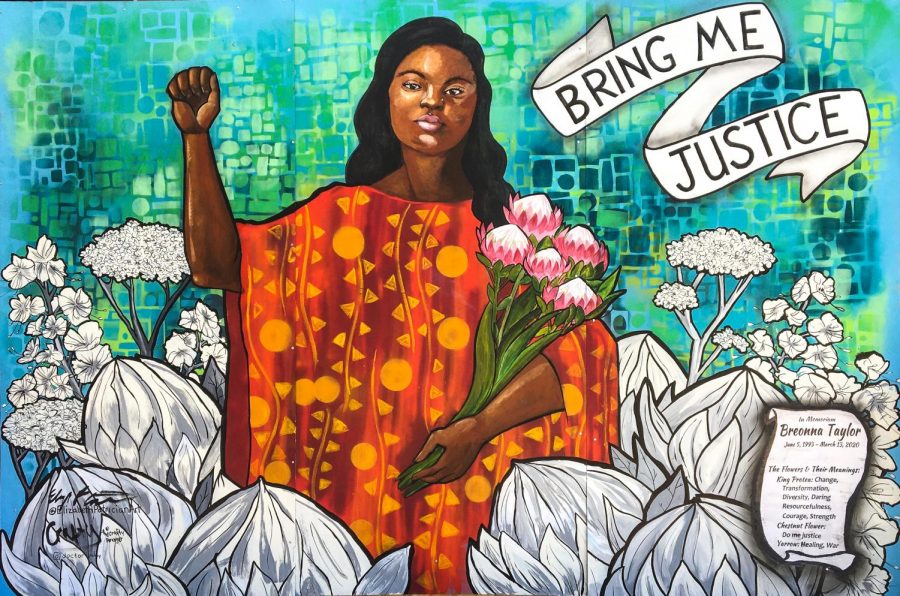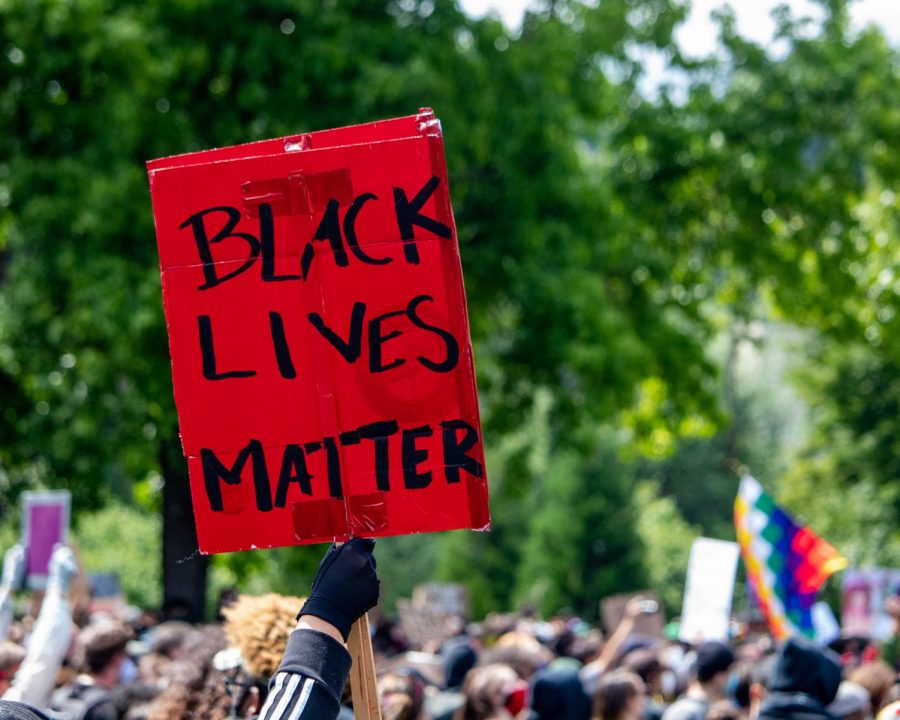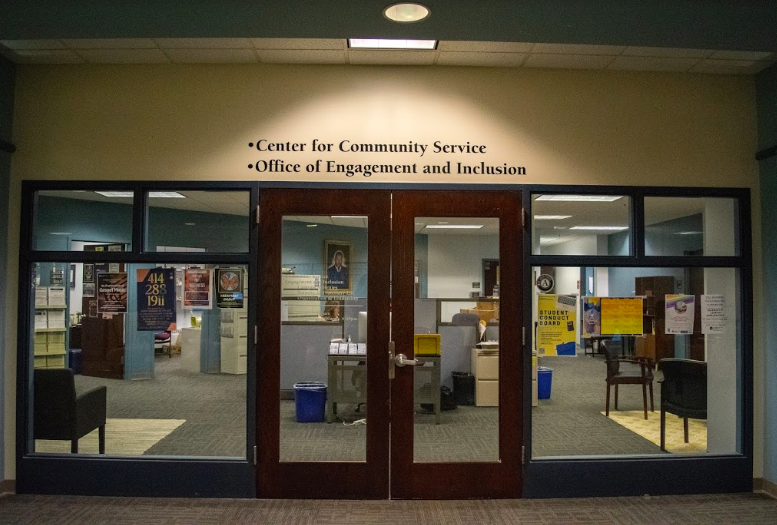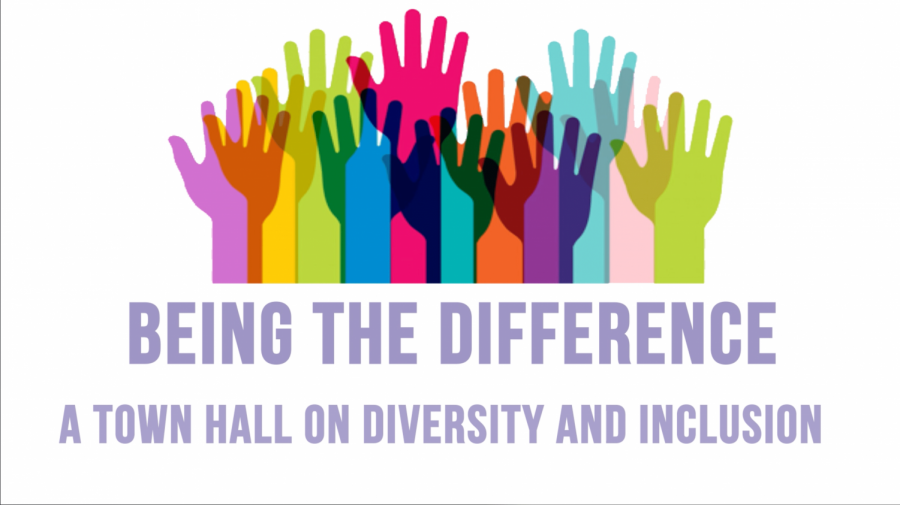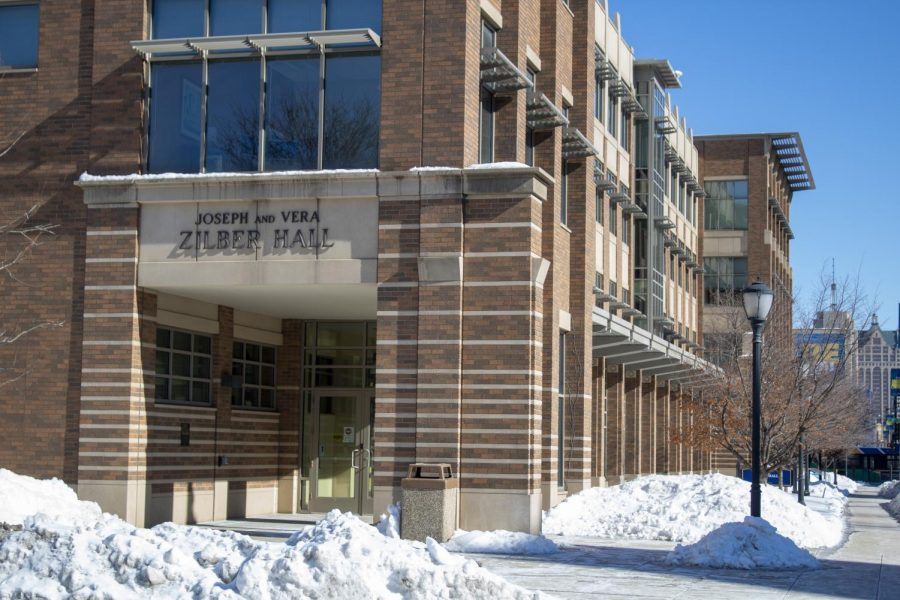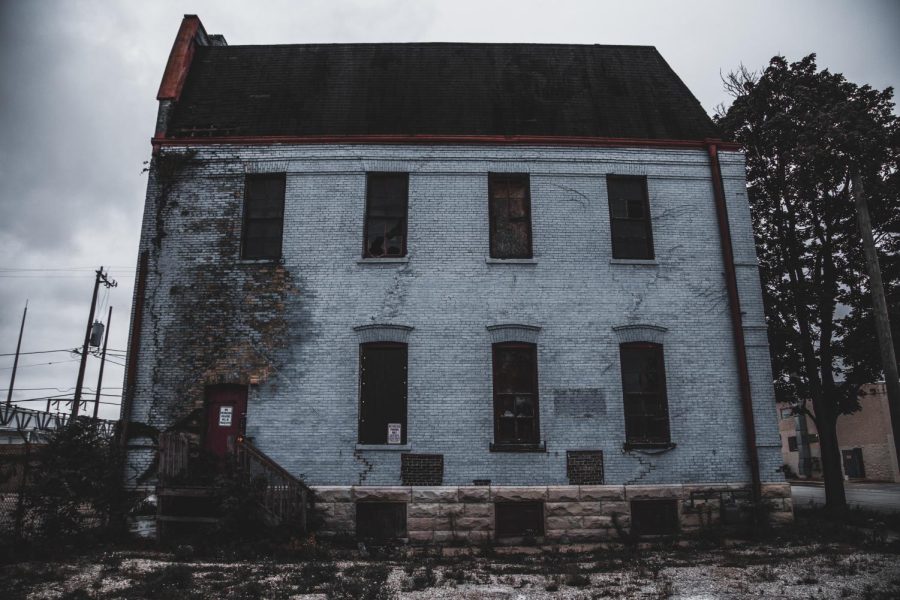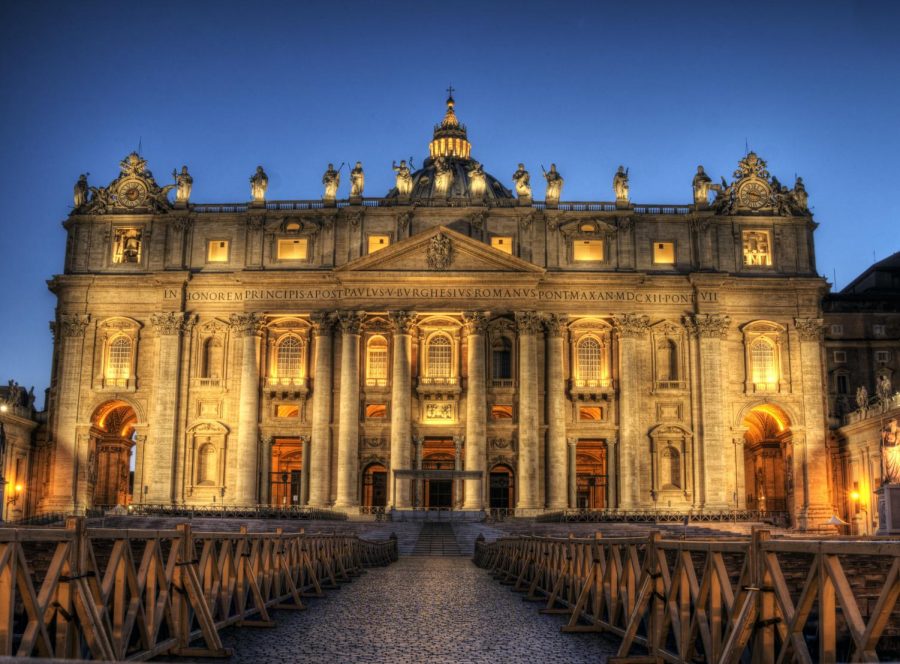The American Conference of Jesuit Priests pledged to raise $100 million March 15 to atone for its involvement in the African slave trade. The money will go toward a Jesuit foundation that partners with a group of activists descended from those enslaved by the Jesuit order in the 1800s.
This is the most impactful action taken by the Catholic Church to make amends with communities it has oppressed. Although an action like this should have been taken earlier, it’s a step in the right direction and a step that Marquette University should take as well.
In recent years, there have been calls for Marquette’s, as well as other Catholic universities’, administration to address systemic racism within the world and the university itself. It may seem that universities would be completely separated from the slave trade, but many Jesuit universities had direct ties to it. Georgetown University specifically sold numerous slaves to keep when the university was going bankrupt in 1838. The immense suffering of Black Africans allowed for Jesuit educational institutions to spread across America.
Marquette has never been involved with the slave trade, but it doesn’t have to be in order to make reparations. As an institution of higher education, it inherently contributes to systemic racism even as students and staff are trying to make it a more welcoming place.
Recently, there has been an increase in student-led activism at Marquette such as work done by the Black Student Council as well as a commitment to racial justice within Marquette’s Service Learning Program. However, the administration could improve in its efforts to address racial justice.
In his seventh annual presidential address, University President Michael Lovell shared that the university was following through with several of the Black Student Council’s initiatives. Some of these initiatives included opening up a Black Cultural Center in Humphrey Hall, launching 40 Urban Scholarships and opening the Jacqueline Walker living-learning community for the fall 2021 semester.
While these initiatives directly benefit Black students at Marquette, the university must take more action to educate all Marquette students about racial injustice. For example, Lovell pledged last summer to update Marquette’s Core Curriculum to include more anti-racist education and the university co-hosted the “Advancing Racial Equity in our Colleges and Community” virtual summit March 19. The university should pursue more education initiatives like these to provide students with an opportunity to engage with the topic of racial justice.
Going beyond Marquette’s campus, the administration cannot just teach students how to help create a more just world, it needs to fix problems on campus as well as pledge resources to communities of color.
An important step could be to be transparent with where funds are allocated. Many students have already stood up against Marquette’s investments in the fossil fuel industry. Divesting money from that industry and investing it into communities in need as well as university improvements is something students have already demanded, but the university has not responded to them. Marquette needs to allow students to share their input on funding and seriously consider what they have to say.
In the long term, redistributing funds both to improvements in student life as well as communities outside Marquette needs to be a priority. Marquette’s administration has put many professors on temporary unpaid leaves of absences due to COVID-19. However, the university’s top administrators and deans make obscenely high salaries.
Diverting funds from the highest salaries in the university to communities of color would not only help those communities but also show students and the wider community that Marquette actually is committed to racial justice.
Additionally, Catholic institutions need to recognize their religion’s part in systemic oppression. Marquette University’s members may not have ever traded slaves, but they didn’t stop other Jesuit orders from doing so. Providing reparations to communities that are impacted by the lasting effects of the slave trade is not just something Marquette should do, but something it must do.
This story was written by Jenna Koch. She can be reached at [email protected]


